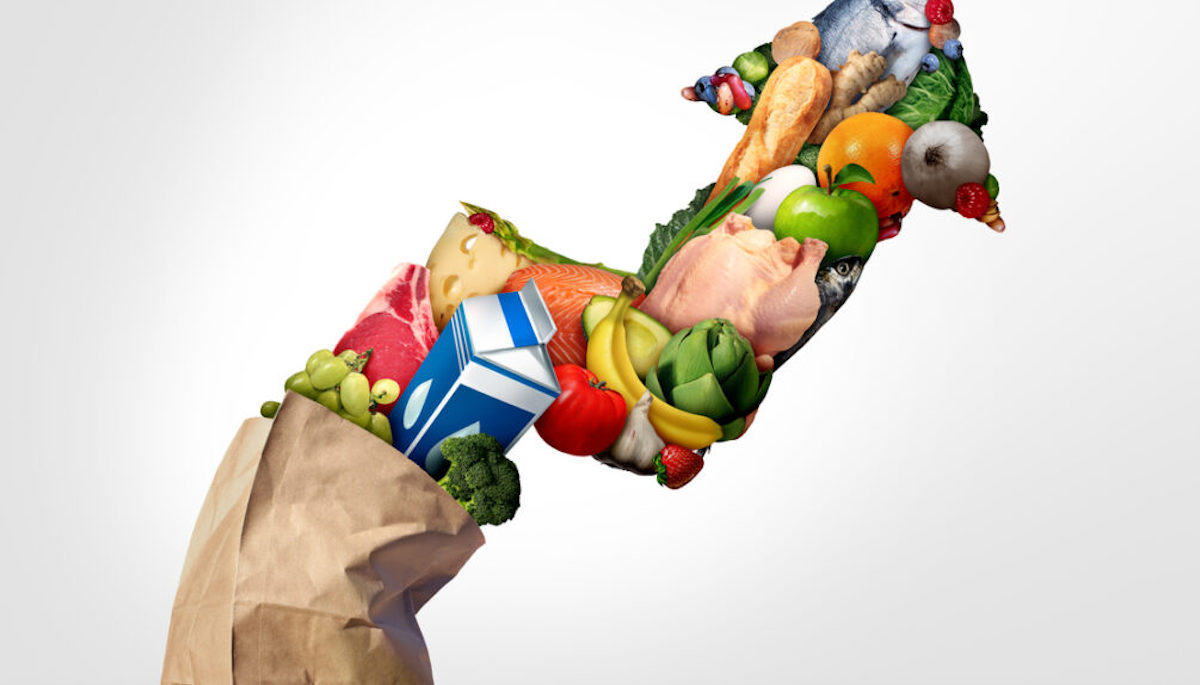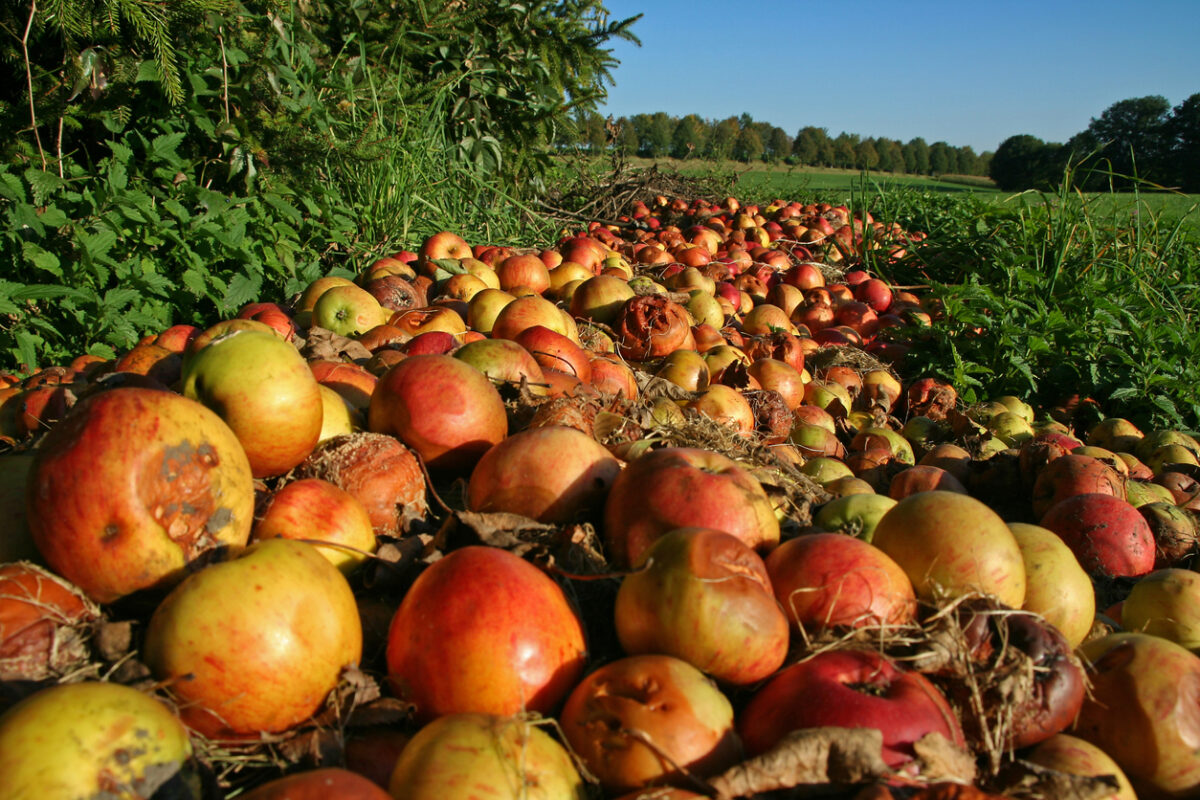Seasonal worker shortages leaves tonnes of food waste on British farms

Labour shortages on farms in the UK have resulted in tonnes of fruit and vegetables worth millions being left to rot, according to the agricultural industry.
A survey released earlier this year from the British Berry Growers’ members revealed annual food waste due to a lack of labour doubled between 2020 and 2021, from 4,158 tonnes worth £18.7 million, to 7,709 tonnes worth £36.5 million.
There have been fewer crop pickers employed by farms this season. This is down to several factors, including a limited number of seasonal visas being offered to overseas workers and the slow processing of visas by the Home Office, according to farmers.
The war in Ukraine has also had an impact. In 2021, 67% of workers on seasonal visas were Ukrainian, while 8% were Russian, according to data collected by The Economist.
Many men who might otherwise work on farms in the UK have not been able to leave Ukraine since the start of the invasion, having been asked to remain behind and defend their country.
Additionally, while the UK has not implemented a ban on Russians working in the UK, many have said their visa applications have been cancelled by recruitment agencies, according to Sky News.
Managing Director of Sandfield Farms, Derek Wilson told Sky News shortages have already resulted in the loss of £250,000 worth of asparagus and spring onion crops in Worcestershire. He said: “We try to recruit locally and there just aren’t the people out there. British people just don’t want seasonal work, if you live in the UK you need a permanent job. We do try to recruit but we’d get very little uptake.”
The amount of time it takes for visas to be processed in the UK doesn’t help the situation either, said Wilkinson. “I speak to growers in Holland and Germany all doing the same thing and they can get a visa processed in a few days, so I’m not sure why it takes so long.”
At the start of May, Wilkinson’s farm had 40% fewer employees than it needed. “They were recruited but they just hadn’t had the visas processed.”
Claremont Farm on the Wirral has also struggled to get workers, its owner Andrew Pimbley told the Financial Times. The labour shortage on his farm has meant fewer asparagi and strawberries have been picked. He has also had to halt the growth of blackcurrants and red currants.
The news of shortages comes just weeks after the Government’s Food Strategy, which laid out plans to increase local food production to improve food security.
In the strategy, the Government said 30,000 visas have been made available in 2022, with an extra 10,000 on offer if evidence for their need is provided. Some 2,000 of that additional number of visas are reserved for the poultry sector.
According to the National Farmer’s Union this is nowhere near enough, as they have been calling for 70,000 seasonal workers a year since 2020.
At the beginning of July, NFU Horticulture and Potatoes Board Chair Martin Emmett called on its members in a statement to tell the union how the shortages have impacted their farms, in order to help them secure an expanded Seasonal Worker Scheme in 2023.
Emmett said: “To be clear, an expansion is absolutely critical. In 2022, we’ve had reports of shortages as high as 40% in the first half of the year, and millions of pounds of crops being wasted. The level of ‘returnees’ continues to drop, and the motivations of workers are shifting, both of which mean we need more people to deliver the same output as before.
“If we cannot evidence these impacts from 2022, we have no chance of expanding the scheme beyond the current 30,000 (plus 10,000 ‘if there is a need’). At the end of last year, the NFU predicted a shortfall of as many as 15,000 workers in 2022. A scheme of 55,000 would therefore be needed to ensure we didn’t have shortages.”
England has seen a fall in the number of seasonal agricultural workers since 2018, according to data from the Department for Environment, Food and Rural Affairs (Defra).
While there is a clear need for seasonal workers, the Government still plans to reduce the number of visas from next year, with the aim being to stop relying on them from 2024 onwards.
Part of the Government’s strategy aims to develop a new professional body for the farming and horticulture industry to help more local talent enter the sector. Automation is also expected to be evaluated as a potential way to solve the labour shortage.
What can be done to solve the growing problem of labour shortages in the UK food and drink sector? Find out more in this Food Matters Live Podcast episode:








